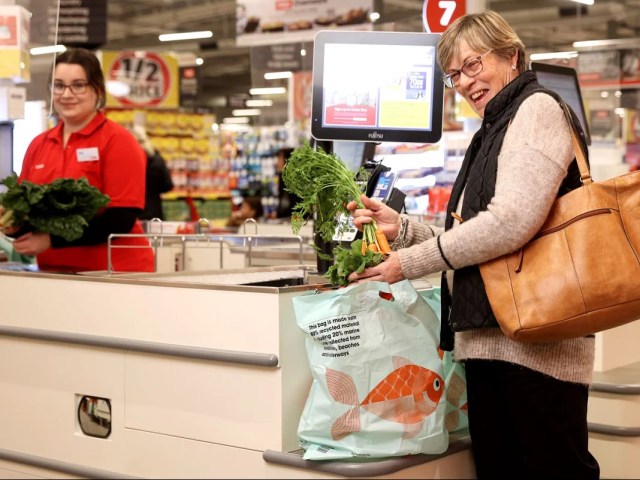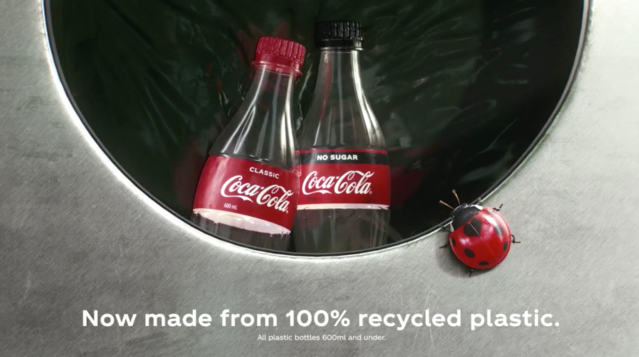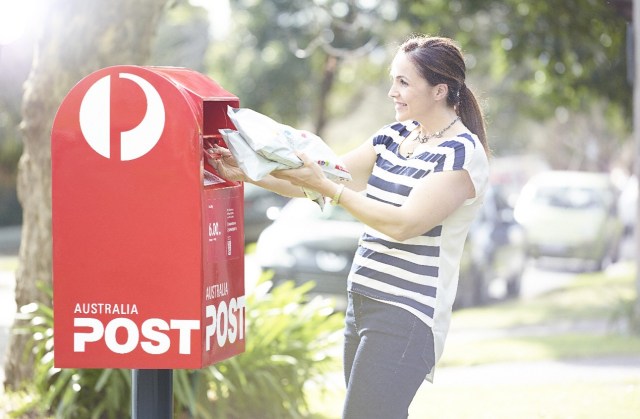
Bupa has expanded its partnership with Cassava Bags Australia in a pilot that will see the health and care company start to move away from utilising a range of single-use plastics across its national network of health insurance stores, dental practices and corporate offices.
Cassava Bags Australia produces 100 per cent natural, biodegradable and compostable bags and other products made from the Cassava plant – a starchy root vegetable. The company was a winner of Bupa’s 2022 eco-Disruptive competition, which connects start-ups with dedicated Bupa teams to develop innovative solutions to environmental challenges.
As part of the initial pilot, Bupa will begin utilising products such as 100 per cent biodegradable Cassava Bags Australia bin liners and kitchen waste products along with clinical products such as headrests and tray sleeves across several Bupa Dental practices around Australia.
Bupa chief sustainability and corporate affairs officer for Asia Pacific Roger Sharp said this partnership is “extremely important” in demonstrating that Bupa can deliver healthcare in more sustainable ways by collaborating and thinking innovatively.
“As a large organisation, we currently use thousands of plastic products every year that are necessary for hygiene and often cannot be reused or recycled, so taking action to find sustainable alternatives which we can incrementally scale up is a real priority for us,” Sharp said.
“This partnership is a testament to our people who worked with Cassava Bags Australia as part of Bupa’s eco-Disruptive program and we can’t wait to see what comes next.”
This announcement also builds on an existing initiative from Bupa Dental to start to move away from plastics across a range of common dental care products such as cups, syringe sleeves, barrier film and X-Ray sensor sleeves.
Cassava Bags Australia CEO and president of purpose Bruce Rossi said this pilot will aim to showcase how small steps can make a big difference when it comes to sustainability in healthcare.
“With Bupa’s support, we look forward to developing new initiatives across the consumer, business and healthcare sectors to help stem the tide of global plastic pollution,” Rossi added.


